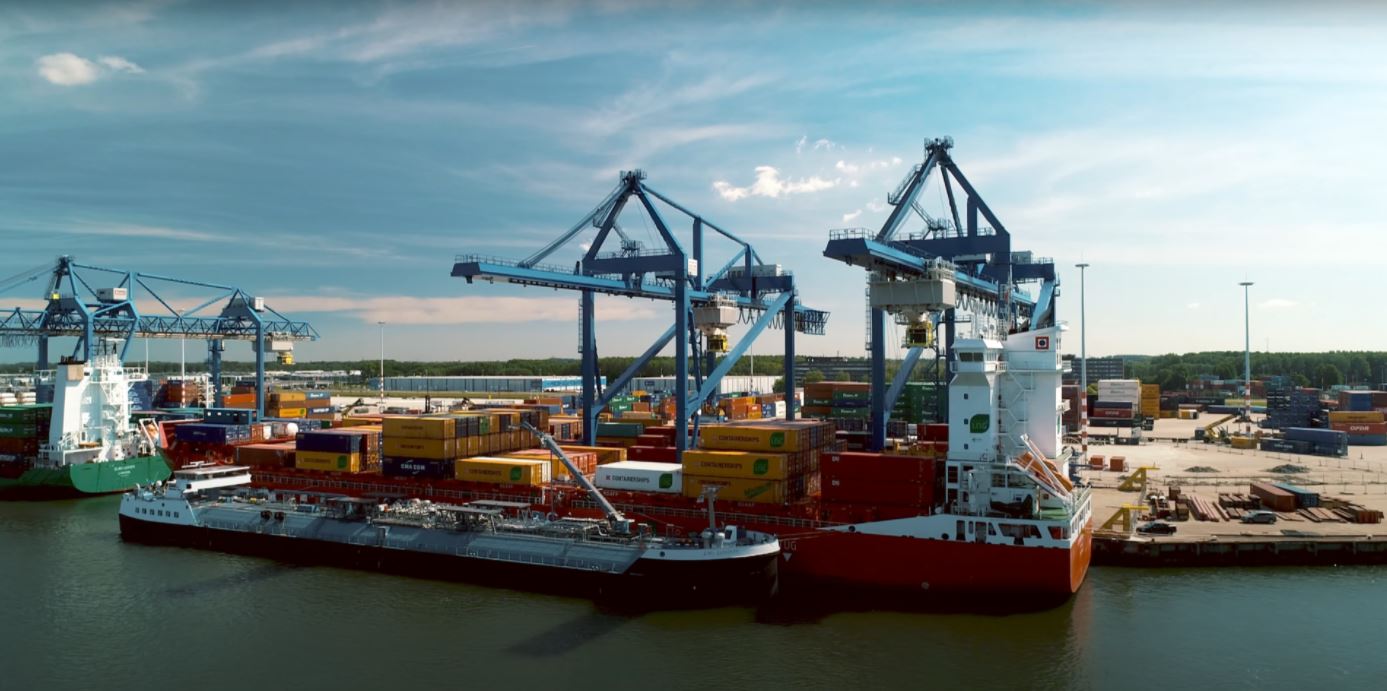French shipping group CMA CGM and LNG giant Shell have completed the first bio-LNG ship-to-ship bunkering operation in Rotterdam.
Shell-chartered LNG London bunkered the Containerships Aurora, a 1,400 TEU LNG-powered vessel, with a nearly 10 percent blend of low carbon bio-LNG while calling at the Rotterdam Short Sea Terminals, according to a statement by CMA CGM on Wednesday.
Hamburg-based Containerships, a unit of CMA CGM, owns the vessel along with six other small LNG-powered container vessels.
During the trial operation, the vessel received around 483 cbm or 219 tonnes of LNG. Out of this, 44 cbm or 20 tonnes were bio-LNG, CMA CGM said.
The Containerships Aurora carried out cargo operations simultaneously during the operation, ensuring schedule integrity, CMA CGM said.
Further slashing emissions
CMA CGM says Shell’s bio-LNG offering, combined with the dual-fuel gas engine technology developed by CMA CGM, has the potential to further reduce greenhouse gas emissions, including carbon dioxide, by at least 67 percent well-to-wake compared to VLSFO.
Produced from agricultural and industrial food waste, bio-LNG has “demonstrated the future potential” of the bio-LNG supply chain.
Results from the trial would give the maritime sector a vital demonstration into the scalability, sustainability and technical compliance of bio-LNG, CMA CGM said.
CMA CGM’s dual-fuel vessels, which operate today with LNG and biomethane, already have the technical capability of using e-methane, a source of “carbon-neutral” fuel.
This “e-methane ready” fleet consists of 20 vessels already in service and a total of 44 vessels by the end of 2024, the firm said.
In addition to this bio-LNG bunkering operation, CMA CGM supported in 2021 the production of 25,000 tonnes of biomethane, which in turn supports Shell to develop production capacity to further accelerate the availability to a wider market, the firm said.

